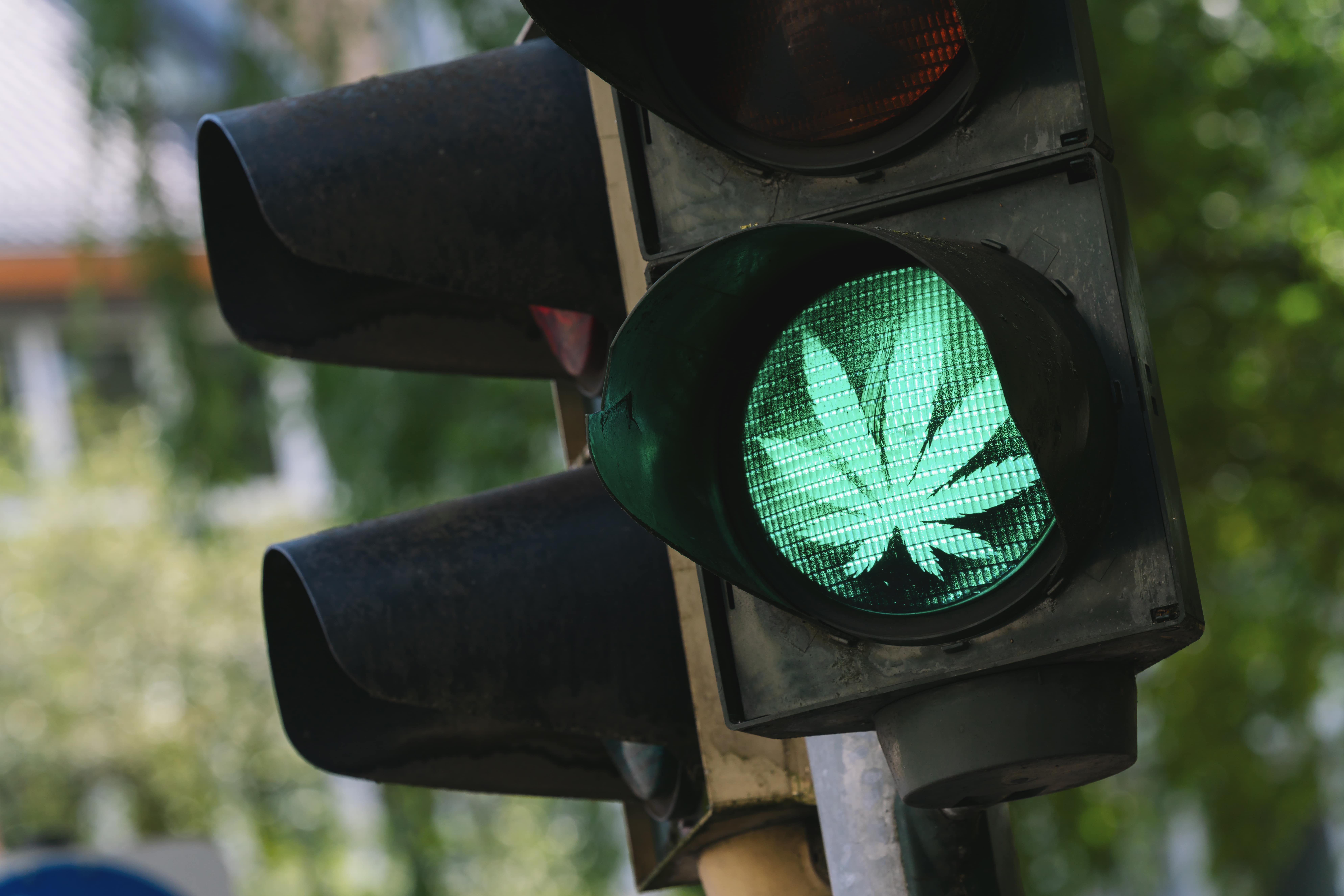Share This Article
Poppy Morandin.
New research revealing how long cannabis users are likely to be impaired has strengthened calls for drug driving law reform.
Researchers from the Lambert Initiative for Cannabinoid Therapeutics analysed how long users were impaired for after taking moderate to high doses of the intoxicating component of cannabis, tetrahydrocannabinol (THC).
Accordingly, they found that users were affected for between three and 10 hours.
The study analysed 80 scientific studies on the effect of THC on driving performance conducted over the past 20 years.
The level of impairment experienced by the relevant person would ultimately depend on the dose, whether the THC was taken orally or inhaled and how often the person used the drug.
The study found regular cannabis users became less affected by THC than those who used it occasionally.
“Our analysis indicates that impairment may last up to 10 hours if high doses of THC are consumed orally,” the study’s lead researcher Danielle McCartney said.
“A more typical duration of impairment, however, is four hours, when lower doses of THC are consumed via smoking or vaporisation and simpler tasks are undertaken.”
Contrastingly, THC can be detected in the body for weeks after cannabis consumption.
Drug Driving Penalties and Defences in NSW
In NSW, you do not have to be impaired by drugs to be charged with a drug driving offence of driving with the presence of drugs.
This means that users face fines and loss of their licence, despite their driving being completely unaffected by the drug.
The presence of the illicit substance in your system (within your saliva, blood, or urine) is sufficient to support a charge, pursuant to Section 111 of the Road Transport Act 2013.
A defence to prosecution includes if the illicit substance was morphine and the presence in the one’s blood or urine was caused by the consumption of a substance for medicinal purposes.
However, there is currently no equivalent defence for cannabis, despite the Therapeutic Goods Administration having already approved 100,000 prescriptions for medicinal cannabis in Australia.
In the case of a first offence the maximum penalty is a fine of $2,200 whereas this grows to $3,300 in the case of a second or subsequent offence.
An accused person will also be automatically disqualified for 6 months from holding a driver licence or a minimum period of 3 months if the court thinks fit to order a shorter period, pursuant to Section 205(2)(a) of the Road Transport Act 2013.
A defence may be available in some cases where the accused has made an ‘honest and reasonable mistake of fact’, which entails that they were truly unaware that the drug was in their system.
This was found in the case of Nicole Spackman who had tested positive for cannabis and subsequently had her charges dismissed.
She claimed she had not smoked cannabis in the weeks leading up to the roadside test, but she had visited her terminally ill neighbour who smoked medicinal cannabis in her presence.
Magistrate David Heilpern ultimately ruled the prosecution did not provide enough evidence to refute Ms Spackman’s claim.
In another matter before Magistrate David Heilpern, Joseph Carrall raised the defence of honest and reasonable mistake.
Carrall was pulled over by was pulled over by Senior Constable Foster for a random drug test.
The officer asked the driver whether he’d taken any illicit drugs within the last 48 hours, to which Mr Carrall replied: “I had a smoke over a week ago.”
Foster took a sample of saliva, which tested positive for the presence of THC.
Mr Carrall was then arrested and taken to the police station to be tested again, remarking, “I thought I would be alright. It was over a week ago.”
Tests at the station and from the forensic unit also returned positive.
Notably, a month earlier Foster had also pulled Carral over and recorded a positive test then as well.
Whilst he pleaded guilty to the earlier incident, he defended the subsequent offence.
During the hearing, the driver testified that when he was arrested the first time, Foster advised him: “If you had waited a week, you would have been fine.”
Callan claimed that he had relied on this statement before seeking to drive again, and His Honour ultimately held that the defendant honestly believed that the cannabis was no longer present.
In 2020, Magistrate Heilpern stepped down from his position at Lismore Court, commenting “I just thought the laws were so grossly unfair that I didn’t feel that I could continue to apply them,”
“People would lose their licence, therefore they would lose their job. Therefore, they could well lose their house. Their relationships were affected. People became very much more isolated,” he continued.
Click here for an outline on how to avoid a conviction for drug driving offences.









